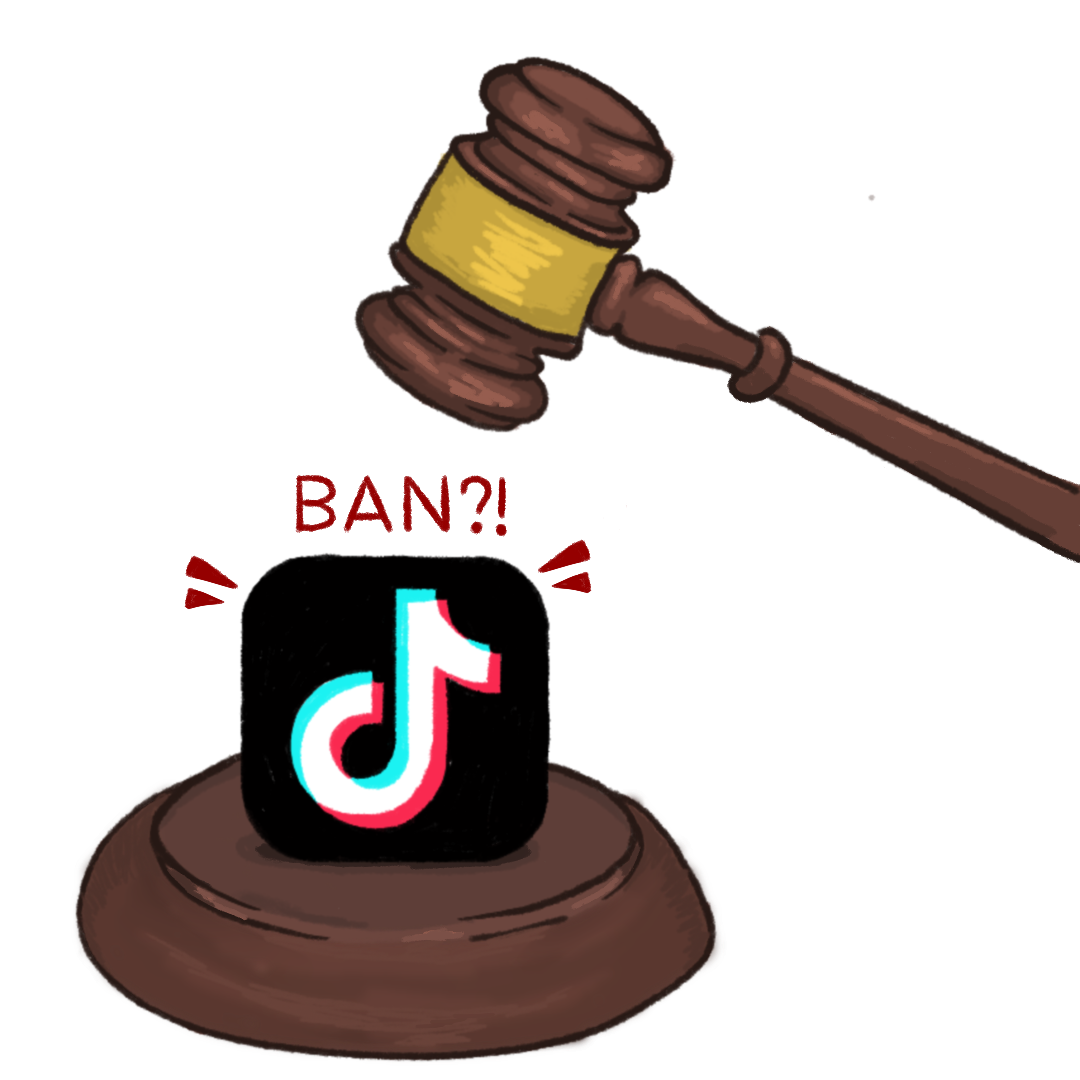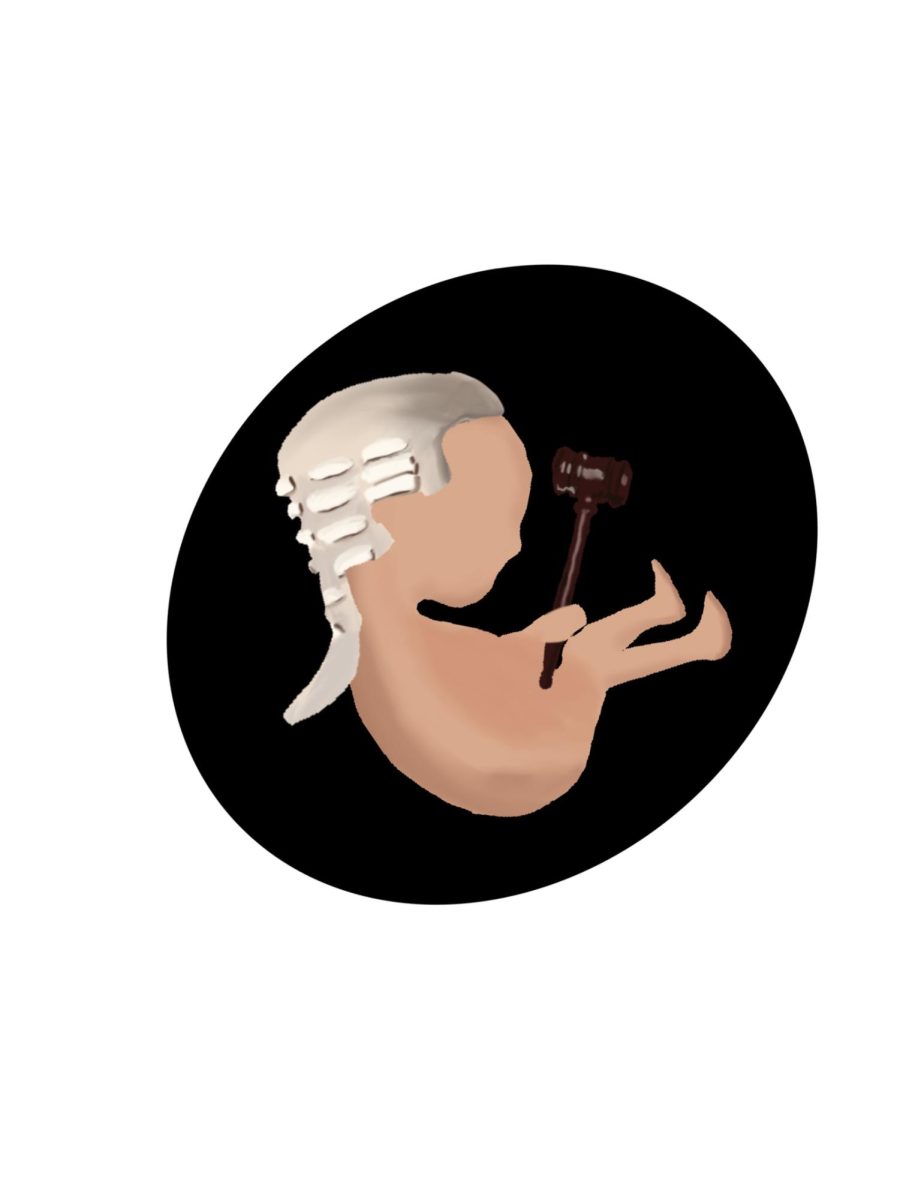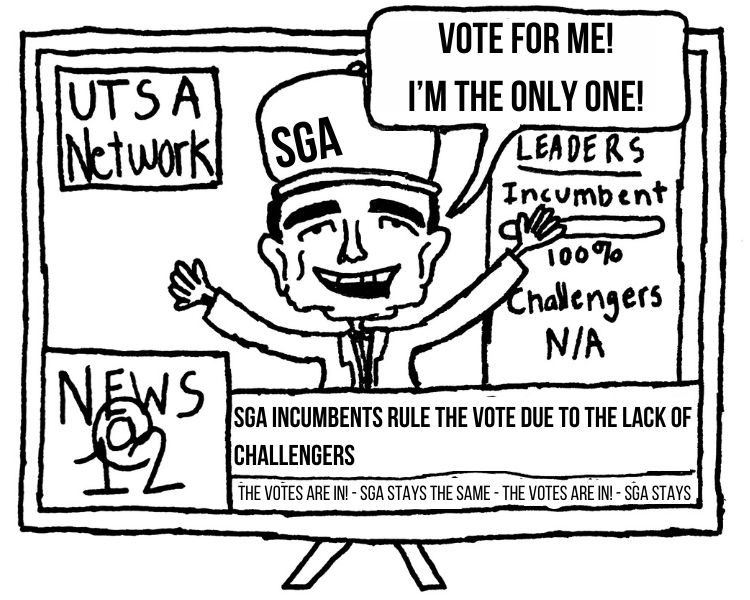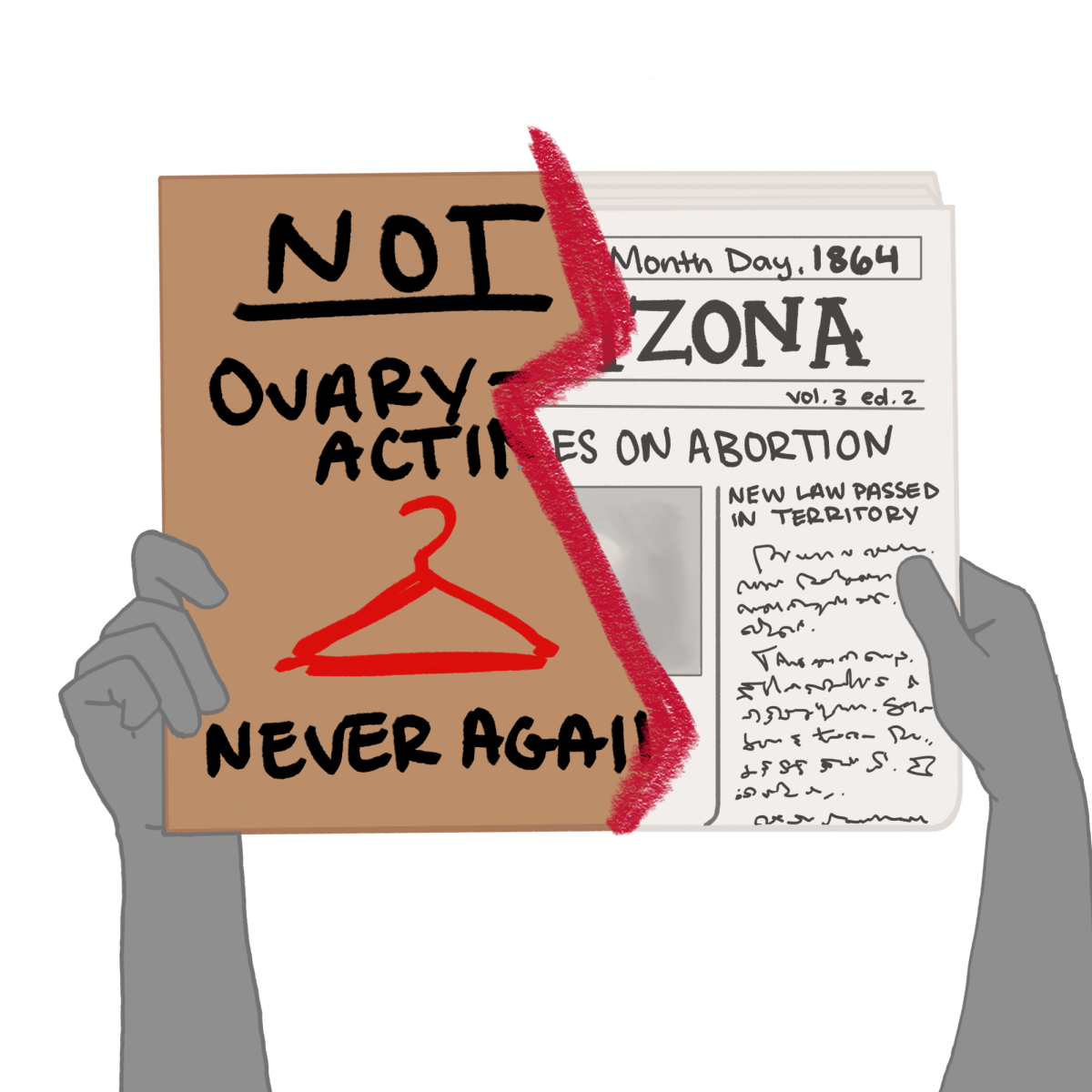In the last year or so, the media has paid more attention to police violence against black males. Why? Multiple instances of police brutality involving Eric Garner, Phillip Crawford and Walter Scott as well as others were caught on tape, some taken on the police officers’ dashboard camera and others from bystanders using their cellphones.
The government should require on-duty police officers to wear body cameras. With a camera recording everything they do, acts of unnecessary force may decrease significantly. Instead of relying on the accounts of witnesses and police officers, investigators will have tapes of what transpired.
With public awareness and media attention focused on police brutality actions, there may never be a better time to take action against police brutality than now.
Police Chief William A. Farrar from Rialto, California conducted a 12-month study in which half of his police force wore body cameras while on duty.
The number of complaints against Rialto officers decreased 88 percent from the previous year. The officers chose to use force in 60 percent fewer instances. When force was used, it was twice as likely to be used by an officer without camera. More so, the study does not report any instances of violence towards officers.
This example shows that officers may taper their aggression when there is a camera rolling. On camera, officers would not be able to act recklessly and claim their acts were justified. As of now, police brutality cases place the burden of proof on a victim, who, more rather than not, is deceased. With a camera, the evidence is there for all to see.
Cameras do not just benefit the civilians; body cameras protect the officers as well. Similar to the camera’s effect on an officer’s behaviors, a civilian who sees a body camera recording an interaction may be more likely to properly cooperate.
Conspiracy theorists and traditionalists have some valid objections: Some say it’s another way for the government to watch us, others claim they don’t want to be on camera for privacy reasons and some will ask where the funding will come from.
However, if the government wants to watch us, it will — whether or not policemen wear cameras. Everyone deserves his or her privacy and footage should only be looked at if it’s a part of an investigation. Granted, cameras aren’t cheap, but tax dollars and funds should be spent on drastically increasing public safety.
The murders of Michael Brown, Freddie Grey and many others like them may have been prevented by mandated police body cameras. Police brutality, especially brutality towards minorities and specifically by white officers towards black minorities — must be stopped.
The first step towards curbing police brutality is to require cameras for on-duty officers. With a body camera, officers may have less aggressive altercations with perpetrators and suspects, and criminals will likely respond with less hostility.
And maybe, just maybe, one day a white officer killing an innocent black man will result in a conviction.

















